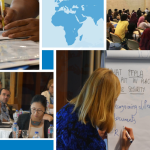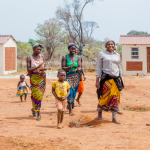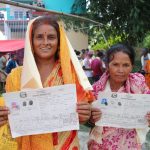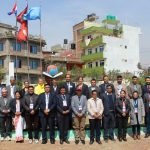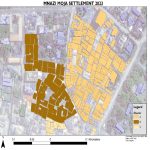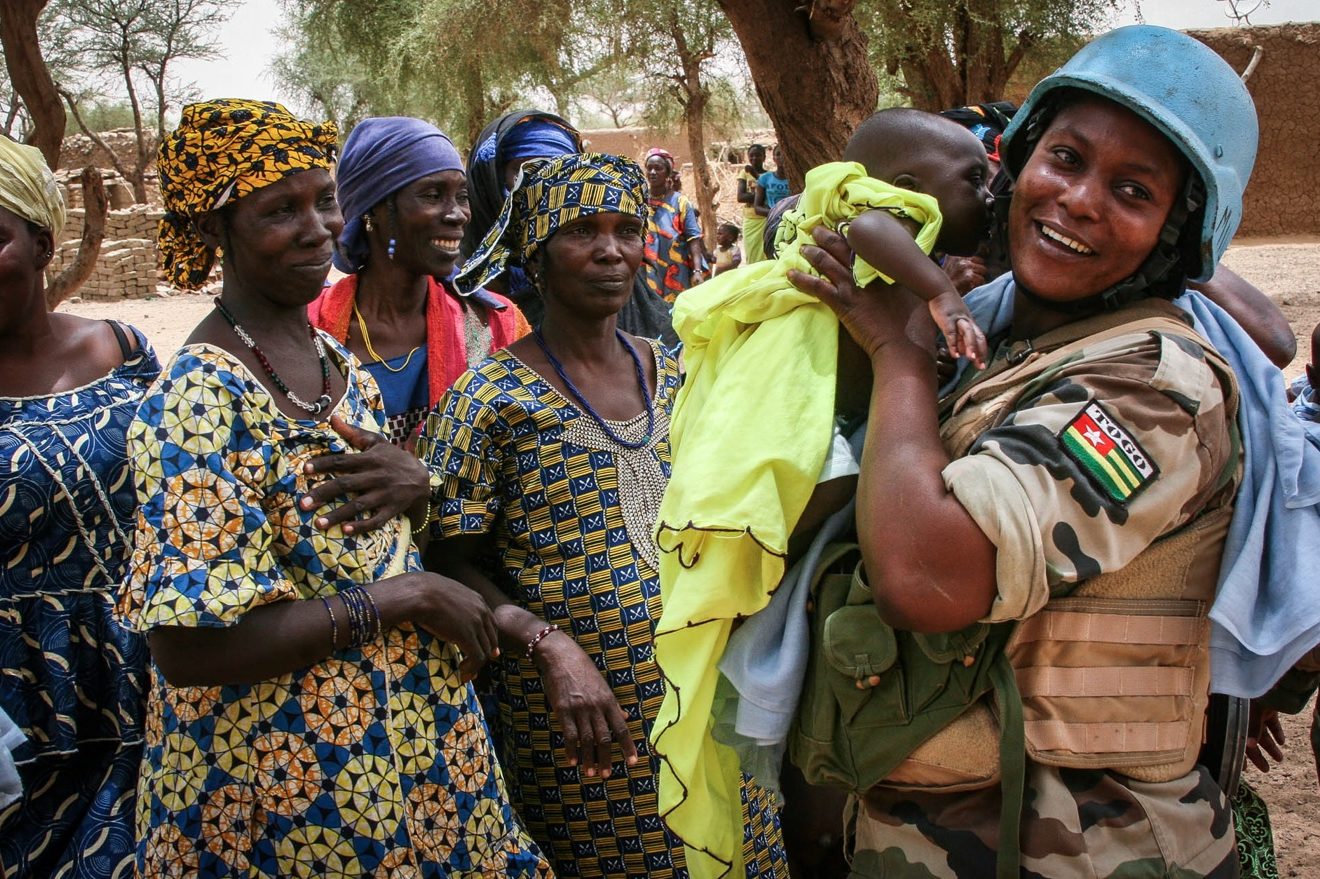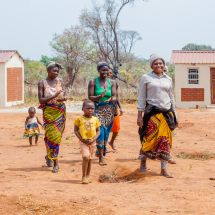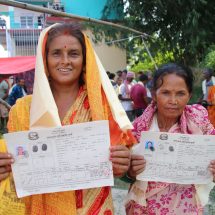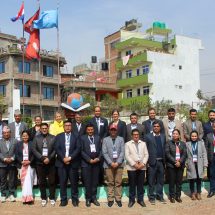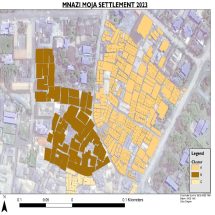Despite a growing international awareness, gender inequality in access, ownership and control of productive resources – mainly land and housing – continue to persist. It is estimated that in developing countries, women are responsible for the production of 60 to 80 percent of food and yet, they rarely own the agricultural land. They work with low tenure security, little decision-making power and limited control over land use. Socially constructed gender roles, unequal access to land administration, as well as discriminatory practices further limit women’s access to and control over land.
One of the Global Land Tool Network’s (GLTN) aims is to set the focus on securing women’s land tenure in rural, peri-urban and urban contexts. Creating knowledge and evidence and applying pro-poor, gender responsive and fit for purpose land tools and approaches, GLTN has demonstrated strength and ability to secure land and property rights for women, girls and local communities.
The GLTN and its partners have identified land-related challenges of women in different geographical, political, social and cultural contexts, such as the Arab region. The difficulties, which women meet in the Arab world to access land are not substantially different from those encountered by women in other regions and socio-cultural settings. Yet, there are certain common land-related patterns reflecting customary and religious practices and, which shape the way women can use of and control over land.
GLTN’s work also focusses on the exacerbated vulnerabilities of women regarding access to land and housing in conflict- and post-conflict situations. With the application of the UN Secretary General’s Guidance Note on “The United Nations and Land and Conflict”, GLTN’s aim is to strengthen capacities of its partners, document and share best practices and forge closer collaboration with humanitarian and other actors to secure rights to land for women in conflict affected contexts.


